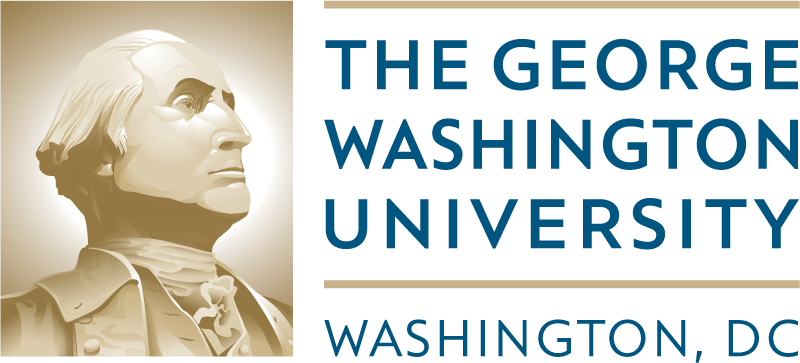Similar Posts
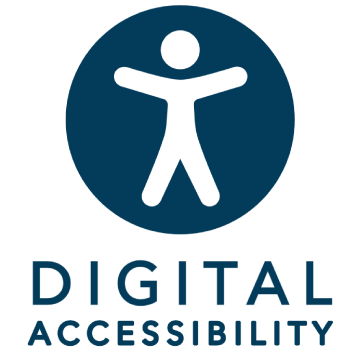
Digital Accessibility
As we become more comfortable using technology in class, issues of digital accessibility can crop up. We will discuss what digital accessibility means and the universal design for learning (UDL) framework. This workshop will provide a general overview of digital accessibility issues for faculty, staff, and graduate students. We will discuss GW’s policies and share…
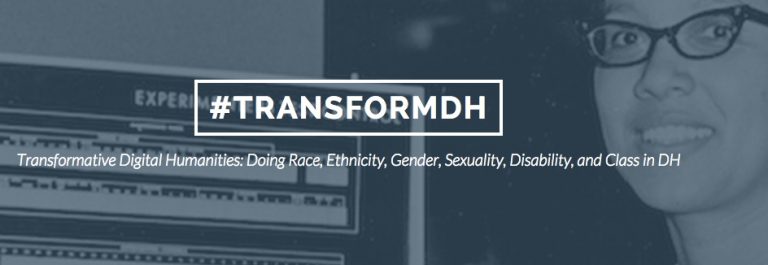
Transformative Digital Humanities at UMD; Register by September 15th
On October 2nd and 3rd, 2015, the University of Maryland will host an exciting dual event: the Transformative Digital Humanities Conference and THATCamp TransformDH, a collaborative, impromptu “unconference”, where all participants will join in creative play together in sessions proposed on the spot. Speakers include keynote presenter Lisa Nakamura, author of Digitizing Race: Visual Cultures…
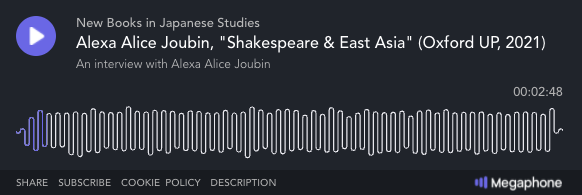
New Books Network Podcast
Shakespeare’s plays enjoy a great deal of popularity across the world, yet most of us study Shakespeare’s local productions. Alexa Alice Joubin‘s Shakespeare and East Asia (Oxford 2021) addresses this gap through a wide-ranging analysis of stage and film adaptations related to Japan, South Korea, China, Singapore, Tibet, Hong Kong, and Taiwan. The New Books Network interview about the book is…
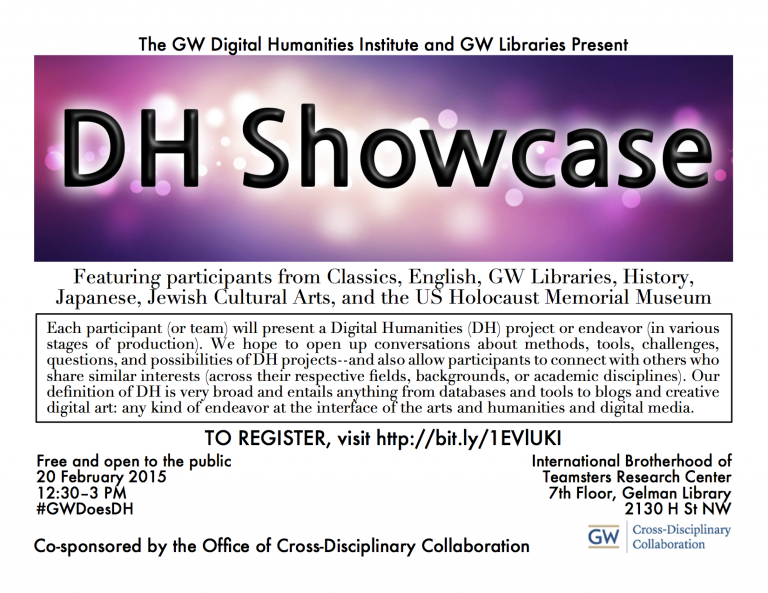
DH Showcase (Fri Feb 20): RSVP at Event Website
Get ready, people! Friday, February 20 is our first DH SHOWCASE. This interdisciplinary event is organized and sponsored by the GW Digital Humanities Institute, GW Libraries, and the Office of Cross-Disciplinary Collaboration. Our informal event will include brief presentations from Classics, English, GW Libraries, History, Japanese, Jewish Cultural Arts, and the United States Holocaust Memorial Museum. There will…
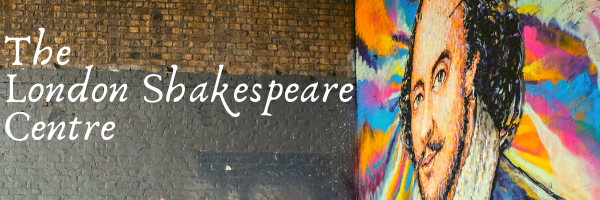
‘Key Things’ Blog Series
The Centre for Early Modern Studies is looking to commission twelve short pieces for this year’s postgraduate blog series. Each piece will be paid, of around a thousand words in length, and – in a material turn for 2021/22 – take a single object or ‘key thing’ as both its title and point of departure….

Jump-start DH grants via “Resilient Networks” (apply by Friday October 14)
As previously announced on this blog, GW has been awarded a substantial Andrew W. Mellon grant to support “Resilient Networks to Support Inclusive Digital Humanities.” Competitive jump-start grants of $5000 are now being offered to member-institution faculty pursuing digital humanities projects! Read more about the scale and scope of the Mellon grant here. If you wish…
